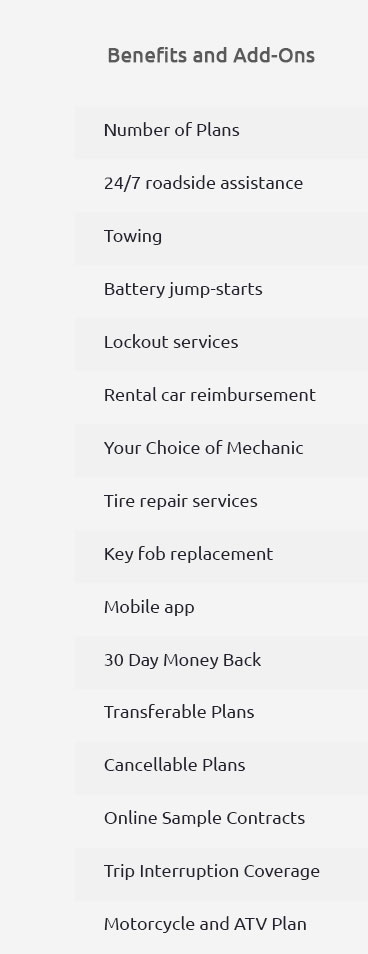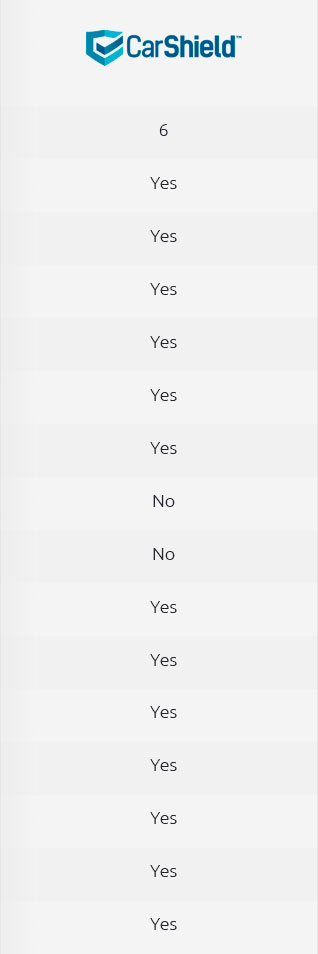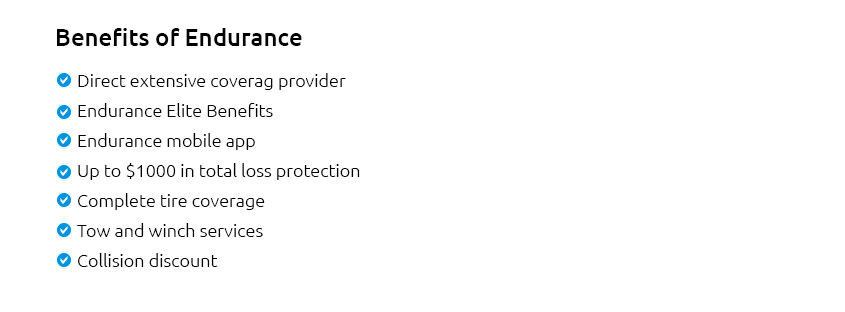 |
 |
 |
 |
 |
|||
 |
|||
 |
 |
 |
|
 |
|||
 |
|
 |
|
 |
|
 |
|
 |
|
 |
|
 |
|
 |
|

Used Car Warranty Reviews: A Comprehensive Coverage GuideIn the bustling world of used cars, warranties can be a lifesaver for U.S. consumers looking to safeguard their investments. With repair costs often unpredictable and sometimes overwhelming, having a solid warranty offers not just financial security but peace of mind. Let's explore what you need to know about used car warranties, focusing on vehicle protection, what's covered, and how you can save money. Understanding Used Car WarrantiesUsed car warranties can vary significantly, but they generally fall into two categories: manufacturer warranties and third-party extended warranties. Each offers distinct advantages and potential drawbacks. Manufacturer WarrantiesWhen purchasing a certified pre-owned vehicle, it often comes with a manufacturer's warranty. This type of warranty provides coverage directly from the automaker, such as Honda auto warranty programs, ensuring quality service and genuine parts. Third-Party Extended WarrantiesFor those looking beyond the dealership, third-party warranties are an excellent option. These warranties, like the Mileage Plus Auto Warranty, offer flexibility and can be tailored to your specific driving habits and needs. Benefits of a Used Car Warranty
What Does a Used Car Warranty Cover?Coverage can differ greatly, so it's crucial to read the fine print. Generally, warranties cover:
It's important to note that wear and tear items such as tires and brakes are usually not covered. Evaluating Warranty ProvidersWhen evaluating providers, consider their reputation, customer service, and the specifics of the coverage they offer. It's wise to compare reviews and possibly consult local consumer reports, especially if you're buying in a region known for specific weather conditions that might affect your vehicle, like the snowy Midwest or the hot Southwest. Frequently Asked Questions
https://wallethub.com/edu/ci/used-car-warranty/86742
Carchex is the best extended warranty provider for used cars, as it offers coverage for cars up to 10 years old, with up to 250,000 miles on them. The Gold plan ... https://www.cartalk.com/extended-warranties/best-for-used-cars
Select Auto Protect is relatively new to the Extended Warranty industry, but they have garnered many positive reviews in a short amount of time. https://www.reddit.com/r/askcarsales/comments/13l7bk4/are_there_any_extended_warranties_worth_their/
Manufacturer warranties cost more but you have the car maker backing you up. In general most will stand by their own warranty and there is ... Other Available Options
|